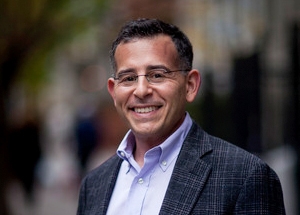As the cost of opioid abuse disorders continues to climb for payers, one expert tells FierceHealthPayer insurers have a major role to play in mitigating the crisis.
Healthcare spending among private insurers for opioid-related diagnoses increased more than 1,000 percent between 2011 and 2015, according to a new white paper from the nonprofit databank FAIR Health.
The per-member average annual cost burden among patients with opioid abuse disorders amounted to $63,356 in 2015, compared to an average charge of $11,404 for all patients. Opioid abuse diagnoses were associated with significant emergency department charges, and caused a spike in lab testing and outpatient visit costs, according to the analysis.

Insurers should “be very motivated” to implement reforms surrounding the opioid epidemic, as payers ultimately foot the bill for both opioid prescriptions and treatment of opioid abuse disorders, Andrew Kolodny, M.D., senior researcher at the Heller School of Social Policy and Management at Brandeis University, tells FierceHealthPayer in an exclusive interview.
“There’s quite a bit payers can do,” says Kolodny, who was not involved in the study but is familiar with the findings. Pharmacy benefits managers could require prior authorization for opioid prescriptions lasting longer than three days, for instance.
Alternatively, payers could get rid of prior authorization requirements for opioid withdrawal treatment medications, he says. Prior authorization rules can result in patients waiting up to five days before getting medication that helps people in the grips of opioid withdrawal--opening the door for another relapse to occur.
Opioid and heroin overdoses claimed a record 28,000 lives in 2014. Kolodny says the industry cannot afford to wait any longer to take action. “Overdose deaths will remain at record high levels until effective addiction treatment is easier to access than pain pills or heroin,” he says.
Drug overdoses kill more Americans than car crashes. Today, more than 40 people will die from a prescription drug overdose. #TurnTheTide
— U.S. Surgeon General (@Surgeon_General) September 10, 2016